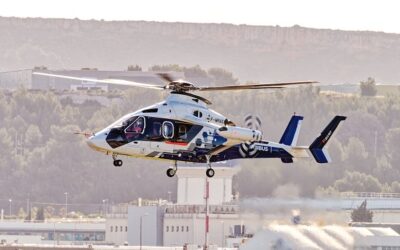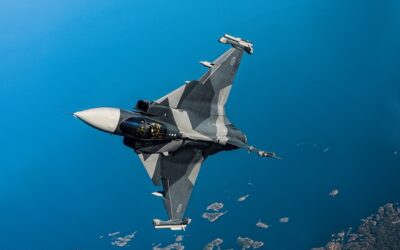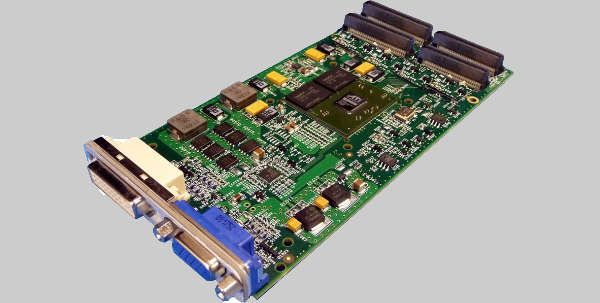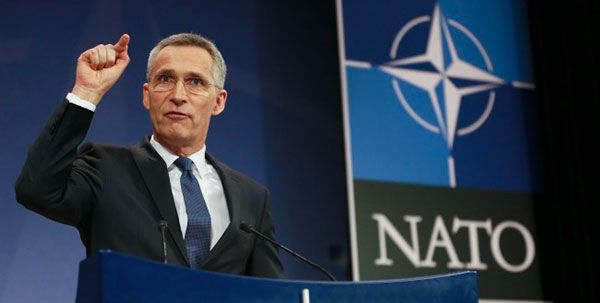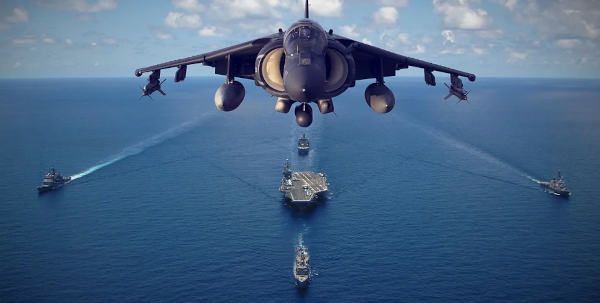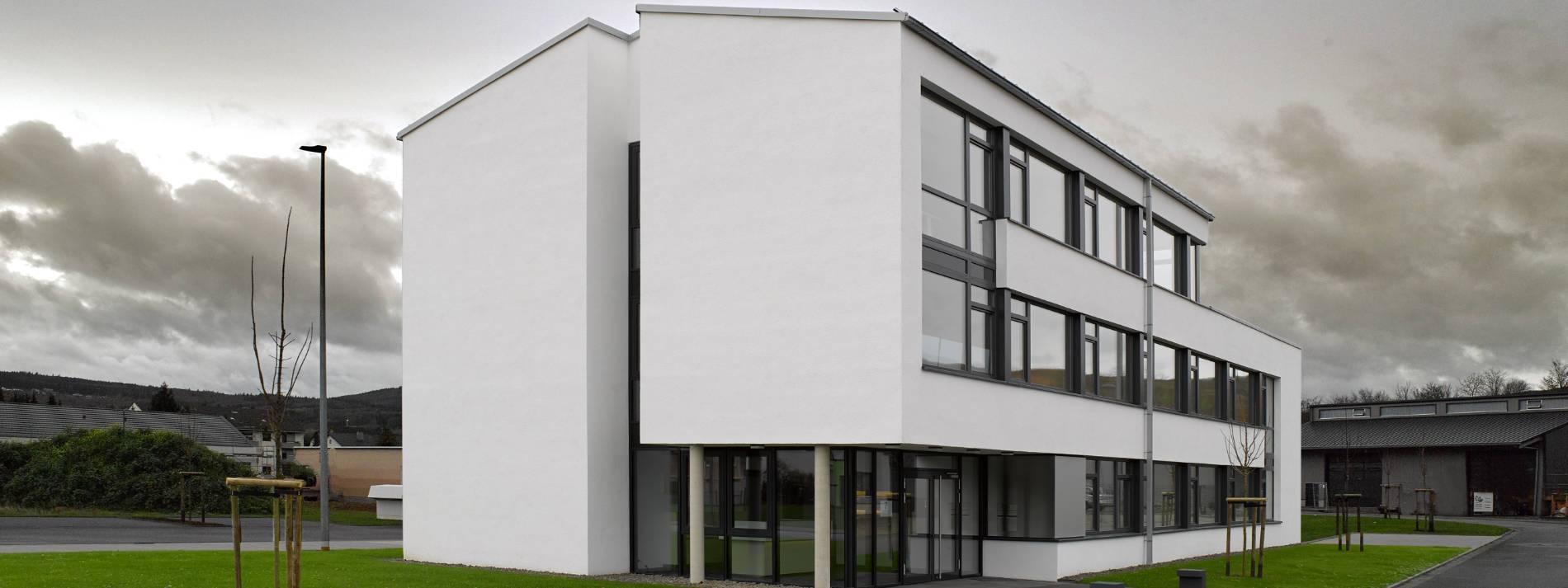Summit Overshadowed by Several Differences
NATO leaders managed to agree on key security and defence issues at the 2019 London Summit, despite there being a few differences among the 29 allies. The meeting was overshadowed by the criticism of French President Emmanuel Macron, who believes that NATO is “brain-dead.” In a strong reaction, US President Donald Trump called Macron’s statements “very nasty,” “disrespectful” and even “dangerous.” Although this controversy caused some turbulences at the beginning, the NATO leaders issued a joint ‘London Declaration’ on 4 December. at the end of the two-day summit.
During a media briefing NATO Secretary General Jens Stoltenberg summarized the results of the summit, which not only celebrated NATO’s 70th anniversary but also marked the 30th anniversary of the fall of the Iron Curtain in 1989. He stated the meeting “has once again demonstrated that NATO remains the only place where Europe and North America discuss, decide and act every day together on strategic issues that concern our shared security.” Among the differences which could not be resolved were the political strategy on how to tackle Russia, the right approach for northern Syria and the burden-sharing debate regarding increasing defence spending to the agreed 2% of GDP figure by 2024.
He said the Alliance has taken decisions to substantially improve NATO’s Readiness Initiative to respond to any threat, at any time, from any direction. The major goal of this initiative is to have 30 battalions, 30 air squadrons and 30 combat ships available within 30 days or less (also dubbed the ‘Four 30s’). He stated that the leaders declared space as the fifth operational domain alongside air, land, sea and cyber.
The Secretary General emphasized NATO will continue its dual-track approach – of dialogue and defence – towards Russia. The leaders discussed Russia’s ongoing deployment of new intermediate-range missiles (specifically the SSC-8), which brought about the demise of the Intermediate-Range Nuclear Forces (INF) Treaty and continuess to pose significant risks to Euro-Atlantic security. But Russia was not the only issue.
The ‘London Declaration’ addressed several more challenges where the Alliance is facing distinct threats emanating from other strategic directions. “Terrorism in all its forms and manifestations remains a persistent threat to us all. State and non-state actors challenge the rules-based international order. Instability beyond our borders is also contributing to irregular migration. We face cyber and hybrid threats.” Therefore, NATO allies are increasing their tools to respond to cyber-attacks and strengthening their ability to prepare for, deter and defend against hybrid tactics that seek to undermine the security of the member states. For the first time ever, the rise and ambitions of China were addressed in a NATO summit communiqué, with the leaders recognizing that China’s growing influence presents both opportunities and risks.
As expected by political observers, NATO also discussed the commitments of its member states to increasing their defence spending. The ‘London Declaration’ stated “Through our Defence Investment Pledge, we are increasing our defence investment in line with its 2 % and 20 % guidelines, investing in new capabilities and contributing more forces to missions and operations. Non-US defence expenditure has grown for five consecutive years; over US$130 billion more is being invested in defence.”
The leaders reaffirmed their commitment to a strong defence posture to protect all its members. “We are further strengthening our ability to deter and defend with an appropriate mix of nuclear, conventional and missile defence capabilities, which we continue to adapt. As long as nuclear weapons exist, NATO will remain a nuclear alliance,” the Declaration underlined.
The Alliance remains committed to the preservation and strengthening of effective arms control, disarmament and non-proliferation, taking into account the prevailing security environment. Allies are committed to full implementation of the treaty on the non-proliferation of nuclear weapons in all its aspects, including nuclear disarmament, non-proliferation and the peaceful uses of nuclear energy.
Mr Stoltenberg reiterated NATO’s commitment to improving long-term security and stability in Afghanistan. He made it clear that NATO remains convinced that a political solution is necessary to end the long and dreadful conflict with the Taliban in Afghanistan.
The NATO leaders invited Mr Stoltenberg to work on a Council-agreed proposal for a forward-looking reflection process under his auspices, drawing on relevant expertise, to further strengthen NATO’s political arm – a controversial issue which had been articulated by many allies before the summit.
Dr Theodor Benien

